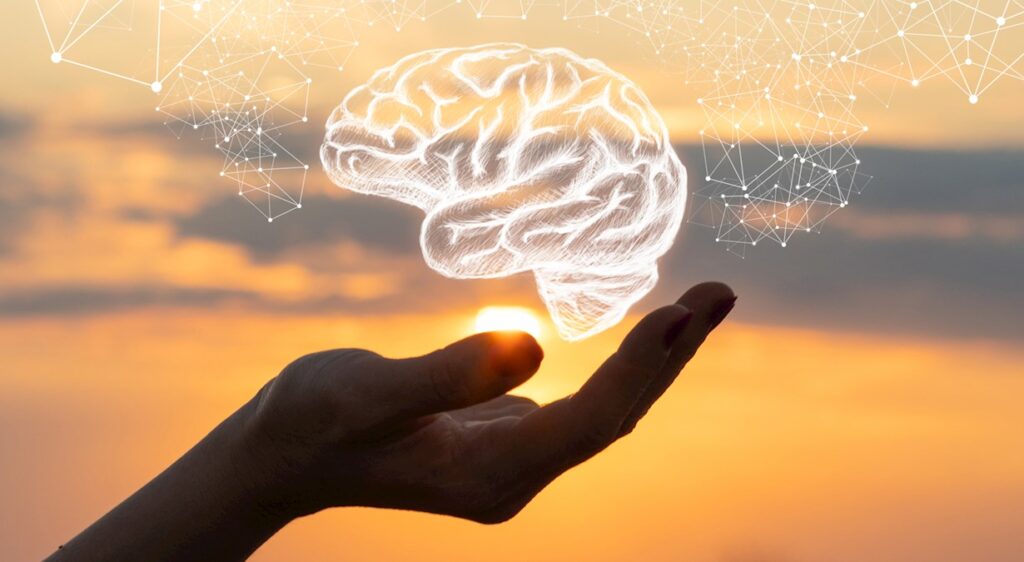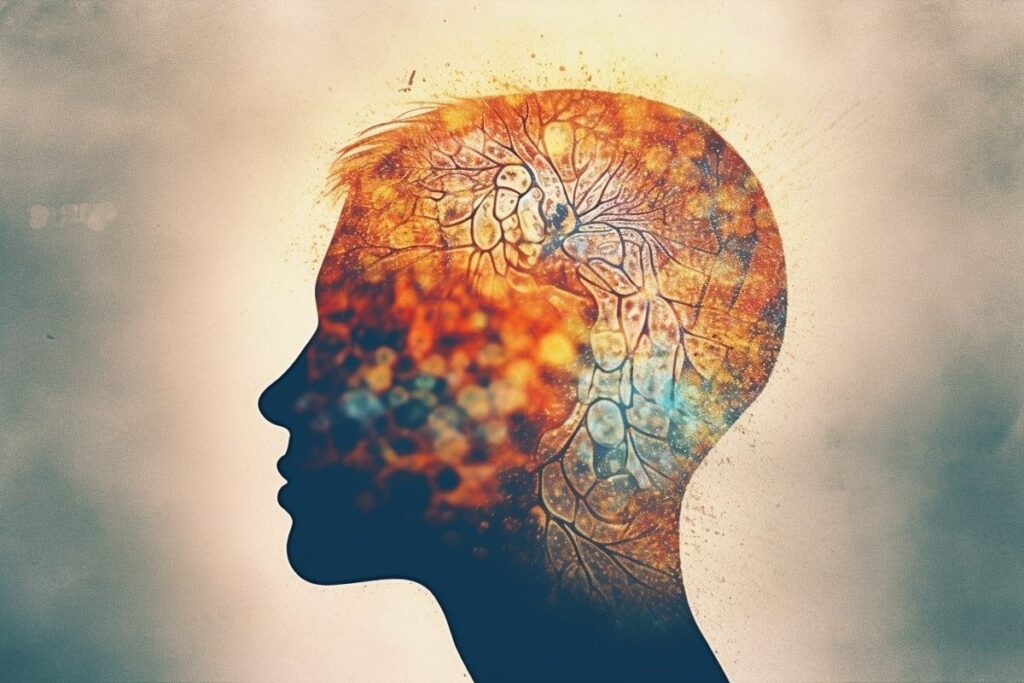Introduction:
Mental health encompasses our emotional, psychological, and social well-being. It influences our thoughts, feelings, and actions, playing a vital role in managing stress, relating to others, and making decisions. Over time, the understanding and treatment of mental health have evolved significantly, transforming from ancient practices to modern approaches.
Historical Perspective:
**Ancient Civilizations**
Ancient Beliefs: Early civilizations often attributed mental illness to supernatural forces or demonic possession. Treatments involved exorcisms, rituals, and even trephination (drilling holes into the skull).
Ancient Egypt and Greece: Egyptians believed mental illness stemmed from imbalanced bodily fluids, whereas Greek physicians, including Hippocrates, attributed it to brain pathology. Hippocrates also categorized mental disorders into mania, melancholia, and phrenitis.
**Middle Ages**
In the Middle Ages, mental illness was attributed to supernatural forces. Treatments often involved confinement, exorcisms, and harsh practices in asylums.
**Renaissance to Enlightenment**
The Renaissance marked a gradual shift towards more humane treatments, driven by advancements in scientific inquiry and a deeper understanding of the human body and mind.
In the 18th century, Philippe Pinel in France and William Tuke in England championed more humane treatment for the mentally ill, prompting significant reforms in asylums.

Modern Understanding and Approaches:
**19th Century**
The 19th century marked the emergence of psychiatry as a medical discipline, with pioneers like Sigmund Freud advancing psychoanalysis, emphasizing the unconscious mind’s impact on behavior.
**20th Century**
The 20th century witnessed remarkable progress in mental health, highlighted by the emergence of numerous psychological theories and therapeutic practices.
The advent of psychotropic medications in the 1950s transformed mental health treatment, enabling many to lead more stable lives outside institutional settings.
The deinstitutionalization movement sought to integrate individuals with mental illnesses into society by offering community-based care.
**21st Century**
Mental health is now acknowledged as a crucial aspect of overall well-being. It is widely understood that mental health disorders are multifaceted, influenced by genetic, biological, environmental, and psychological elements.
While the stigma around mental illness has lessened, it remains present. Emphasis on early intervention, prevention, and integrating mental health services into primary care is increasing.
Common Mental Health Disorders:
Anxiety Disorders: Marked by overwhelming fear or anxiety, these include generalized anxiety disorder, panic disorder, and social anxiety disorder.
Mood Disorders: Encompass depression, bipolar disorder, and cyclothymic disorder.
Psychotic Disorders: Characterized by distorted thoughts and perceptions, such as in schizophrenia.
Personality Disorders: Persistent patterns of behavior, thinking, and internal experiences that deviate markedly from cultural norms, such as borderline and antisocial personality disorders.
Eating Disorders: Encompasses anorexia nervosa, bulimia nervosa, and binge-eating disorder.
Obsessive-Compulsive and Related Disorders: Encompass conditions such as obsessive-compulsive disorder (OCD) and body dysmorphic disorder.
Trauma- and Stressor-Related Disorders: Encompasses conditions such as post-traumatic stress disorder (PTSD) and acute stress disorder.

Modern Treatment Approaches:
Psychotherapy: Diverse talk therapy methods, such as cognitive-behavioral therapy (CBT), psychodynamic therapy, and dialectical behavior therapy (DBT).
Medication: Common prescriptions include antidepressants, antipsychotics, mood stabilizers, and anxiolytics.
Lifestyle Changes: Embrace regular exercise, follow a nutritious diet, get sufficient sleep, and adopt effective stress management practices.
Support Systems: Engaging in support groups, participating in family therapy, and building a strong social support network are essential for successful recovery.
Integrative and Holistic Approaches: Embrace mindfulness, meditation, yoga, and various complementary therapies.
The Future of Mental Health:
Telehealth: The emergence of telehealth has significantly enhanced access to mental health services, particularly for individuals in remote locations.
Genetics and Neuroscience: Breakthroughs in genetics and neuroscience are deepening our insight into mental disorders, paving the way for more tailored treatments.
Public Awareness: Growing public awareness and advocacy are leading to policy changes and enhanced support systems for mental health.

Conclusion:
Mental health has evolved from supernatural explanations to a nuanced understanding of complex factors. Ongoing research, heightened awareness, and holistic treatment approaches continue to enhance the lives of those with mental health disorders.
